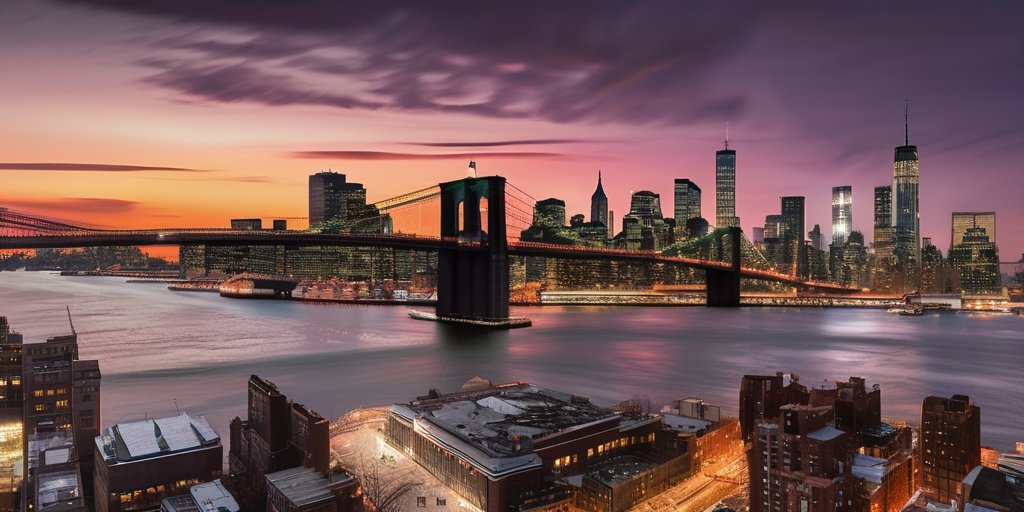In a political landscape shaped by the looming presence of Donald Trump, the New York City mayoral primary has emerged as a significant battleground for candidates seeking to redefine their positions in a post-Trump era. Former Governor Andrew Cuomo, once hailed for his leadership during the COVID-19 pandemic, is attempting a notable political comeback amidst a swirl of controversy following his resignation in the face of sexual harassment allegations. As the primary date approaches, discussions have intensified about how the next mayor will navigate the challenges posed by the Trump administration, particularly regarding immigration enforcement and city governance.
Since Trump’s presidency, Democratic mayors in major cities have often found themselves at odds with federal policies, especially in states with stringent immigration laws. This tension has only escalated with Trump’s historical stance on immigration policy. Recently, in response to escalating immigration protests, Trump deployed National Guard troops to enforce federal regulations, an action met with fierce opposition from California’s Governor Gavin Newsom and Los Angeles Mayor Karen Bass. Bass criticized the actions as an overreach, a sentiment echoed by city officials managing the fallout from the Trump administration’s policies.
As the New York City primary unfolds, the candidates are positioning themselves strategically around these pivotal national narratives while addressing local issues such as affordable housing, public safety, and homelessness. Cuomo is attempting to position himself as the experienced candidate capable of restoring stability and growth in New York City after a tumultuous period marked by COVID-19 and rising crime rates. However, he faces considerable scrutiny from opponents who capitalize on his past controversies, asserting that his return to political prominence could jeopardize the integrity of the mayor’s office.
State Assemblyman Zohran Mamdani is one of the candidates aiming to harness the youth vote through a progressive platform, advocating for sweeping reforms that include taxing the wealthy to improve affordability in the city. As candidates debate the effects of Trump’s policies, they also engage in reflecting on how their leadership can counteract the divisive political climate emanating from Trump’s administration.
Rhetoric surrounding Trump’s influence plays a critical role in the campaign narrative as candidates express their stances on immigration and law enforcement issues to appeal to a diverse electorate. Among the campaign issues, the treatment of immigrants has galvanized voters who advocate for humane policies in the face of growing federal enforcement aggressiveness. With recent events showcasing the need for a nuanced approach to managing the repercussions of immigration laws, the primary becomes not just a contest of ideas, but a reflection of how candidates interpret their relationship to Trump and his policies.
As New York voters head to the polls, the mayoral primary promises to be a bellwether not only for the city’s future but also for the Democratic Party’s approach to engaging with the Trump administration. Can Cuomo recover from his past, or will younger progressive candidates redefine the city’s political future? Only time will reveal the dynamic shift in New York’s political arena as the primary rapidly approaches.
